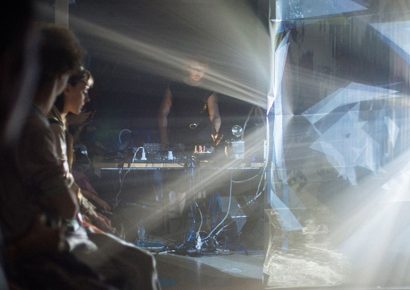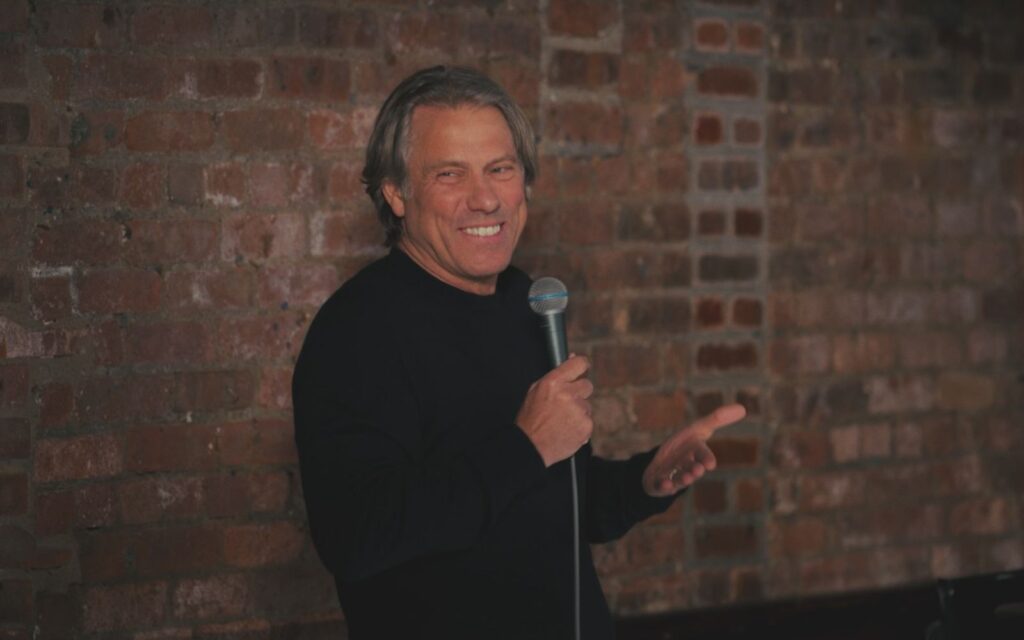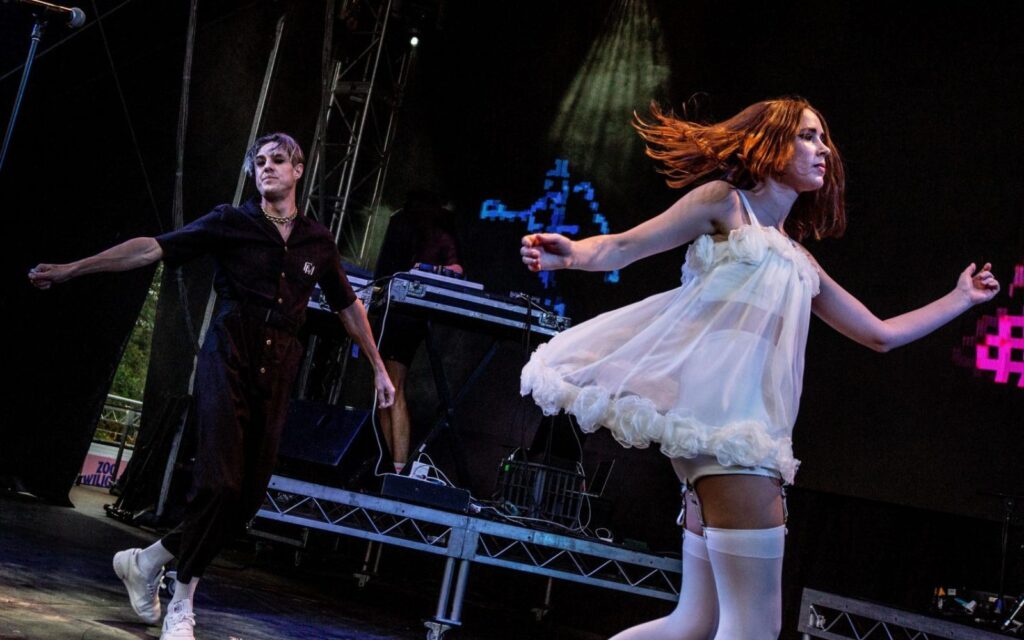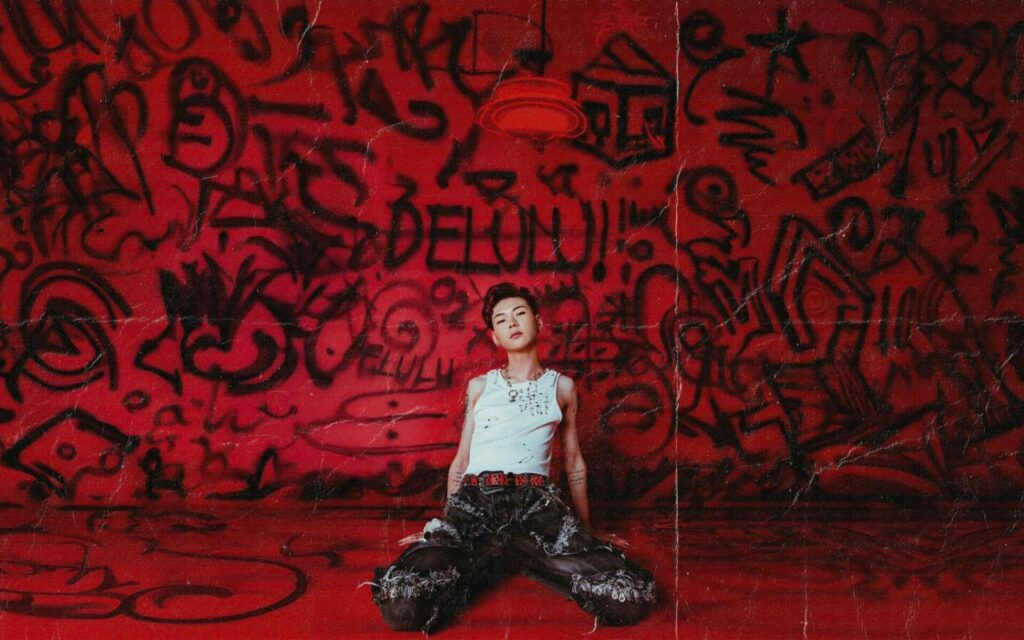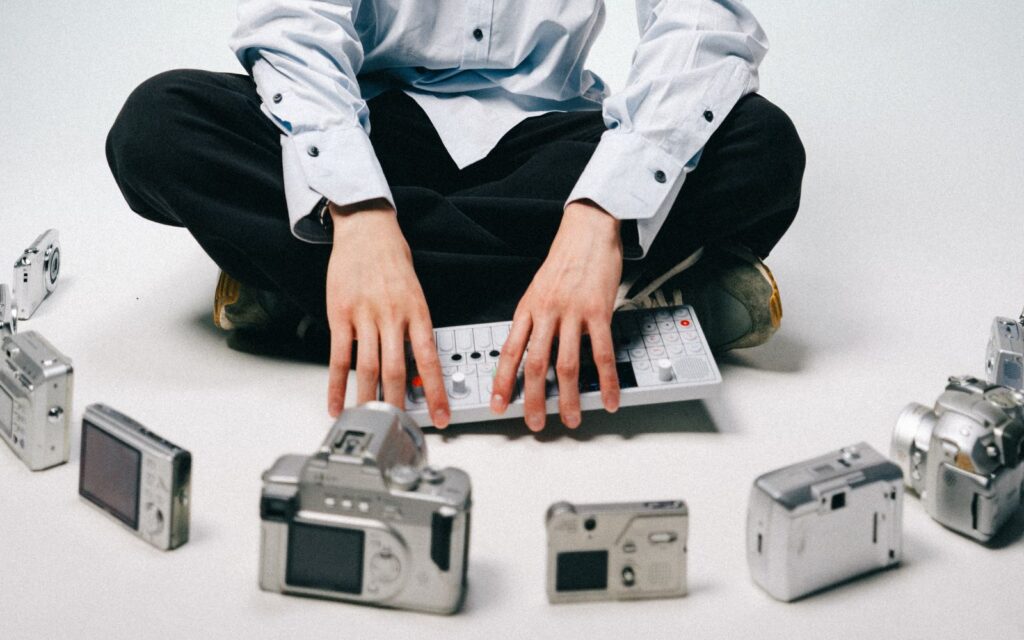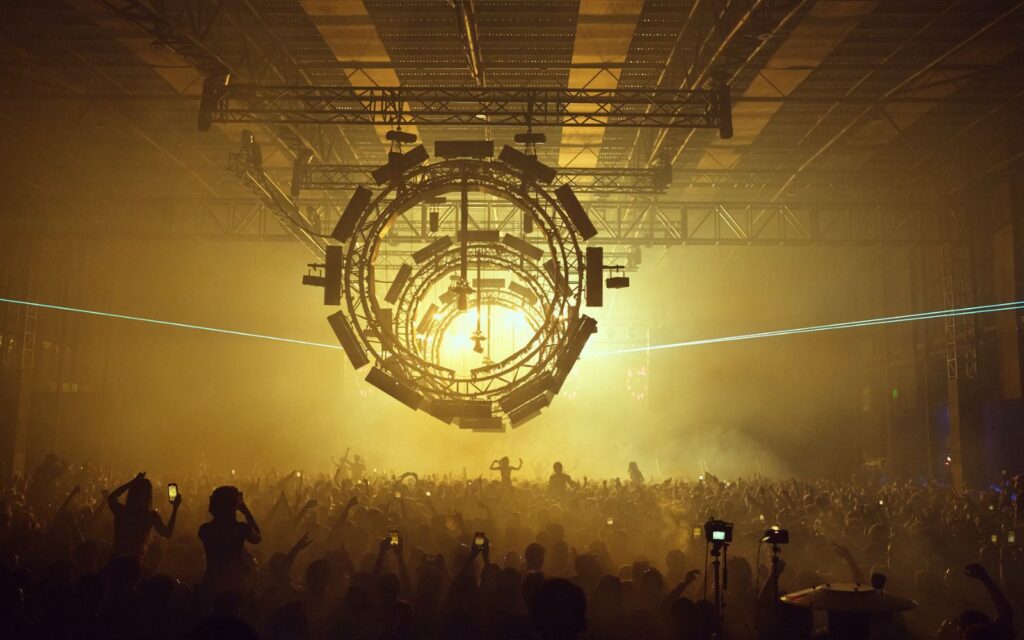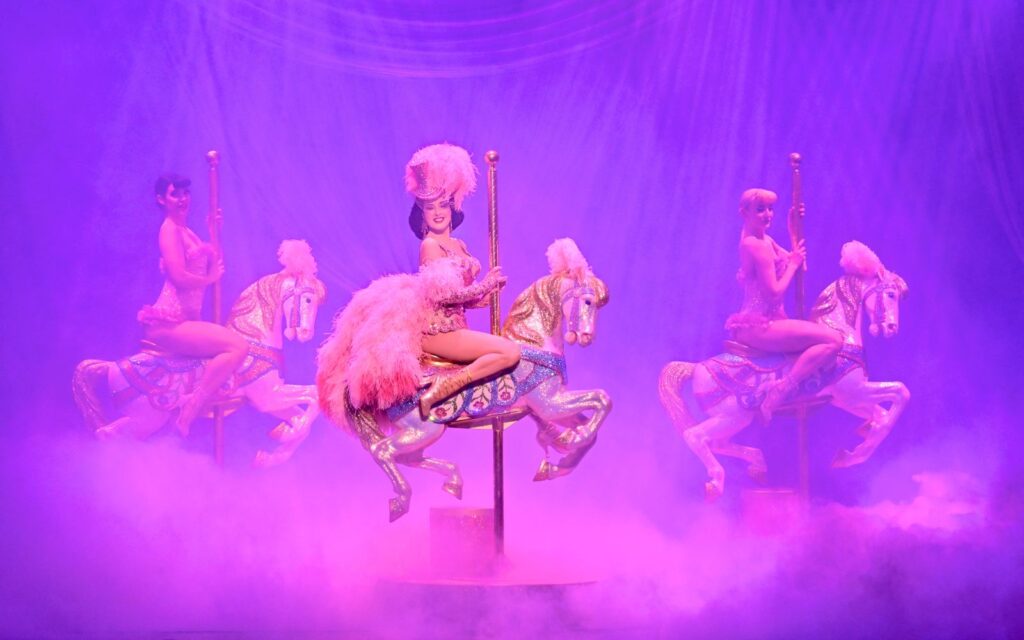Very few arts festivals set out to change the entire industry, but Alter State (12 Sep - 9 Oct) offers a radically different, inclusive and powerful potential for the future of arts.
Its uniqueness is encapsulated in a simple statement by Rodney Bell, one of the Foundation Artists behind the festival: “For disabled, by disabled”. A disability-led arts experience, with inclusivity and pride at its heart.
An internationally acclaimed performer, Rodney is from Aotearoa and descends from Tainui Waka and of the Ngaati Maniapoto Iwi (tribe). He acquired his disability 30 years ago and has been a professional dancer for 27 years.
Stay up to date with what’s happening in and around Melbourne here.
Disabled artists, including Rodney, are leading the development and delivery of Alter State with Arts Centre Melbourne and Arts Access Victoria, foregrounding the lived experiences and creativity of deaf and disabled people, and ensuring these diverse voices can lead meaningful discussions about accessibility and inclusivity. Drawing on creativity from Australia and Aotearoa, Alter State honours First Nations cultures and makes space for kōrero and storytelling shaped by disability.
“We’re starting a strong conversation that needs to be had,” Rodney says. “Basically, if we’re not at the table, we must be on the menu. It’s about those people being at the table now, leading the conversation because we know what’s right for ourselves. But also we’re multi-skilled, and we’re not all the same kind of disabled. We [the festival organisers] work like one with the disabled community – and it’s such a diverse community, with ethnicities and so many different bodies, cultures and religions. It’s one of the most diverse communities. So how do we have a collective consciousness?”
The Alter State program of dance, film, circus, workshops and experiential events is underpinned by hope and potential, exploring and adopting new ways forward where deaf and disabled people are included in the planning and implementation of performance and the arts. There’s no denying that the arts scene, like many others, is broadly non-inclusive for deaf and disabled performers and audiences, where participation and access to creative expression are limited by the way the industry and society itself function. Alter State’s success will show the way towards a more inclusive industry, foster disability pride and create broader awareness of the ‘social model’ of understanding disability and how barriers can be dismantled.
“It’s all part of moving forward and breaking out of that medical model of understanding disability,” Rodney says. “You see someone in a wheelchair and think, they need help or they’re ‘sick’. You just jump to that objectifying. Language is very important, so through these principles, we’re evolving and using a language to talk about people and their relationship to being disabled, rather than just as ‘inspirational’.”
Rodney is bringing his much-acclaimed work Meremere to the festival – an autobiographical journey of dance, reconnection and homecoming, developed with Movement of the Human. While the autobiographical work covers years of his life, the impetus came in 2015.
“Mere is carved from greenstone and tear-shaped, it’s a Maori weapon, and when it’s made from wood it’s meremere. I was carving it when I returned home to Aotearoa in 2015, wondering what journey it was going on and I watched all the shavings falling off this beautiful piece of wood and I was trying to make it beautiful but it already was. It reminded me of the sacrifice I had gone through in my life to dance. And I shared that story with Movement of the Human.”
The live score composed by Eden Mullholland will be played at Alter State by his brother, Jolyon (“They have a real strong sense of each other’s style.”) Rodney has performed Meremere since 2016, in front of thousands of audiences, but the work has evolved over time.
“Because it’s all autobiographical, as I change or get new accolades it’s added to the work,” he says. “Then I have pockets of surprise, where other dancers join me and those change for different performances. And it’s more than a solo work, because there’s design, audiovisual and live music.”
Collaboration and connection are at the heart of Alter State’s performances. The program also includes When The World Turns, a sensory landscape created by Polyglot Theatre (AUS) and Oily Cart (UK) for children with complex disabilities (but open to all). It’s an experiential art space of sound, sight, touch and wonder, fostering a connection with others and a “new, inclusive ecology”.
Naturally, the format of the festival and its delivery are fundamentally structured around accessibility and inclusivity for the audience as well, from having Relaxed Performances and Tactile Tours to offering a digital program.
“Digital was always going to be a component of the festival, but Covid has highlighted how convenient this is for allowing people to access the art,” Rodney says. “Access is a huge thing, and Arts Centre Melbourne and Arts Access Victoria are really strong in this. It’s making the venues and website accessible, having Braille and Auslan and audio descriptions, making sure these are all in place.”
Rodney points to ‘universal access’, an approach to making spaces accessible to all persons in a community, including people with disabilities or temporary injuries and the elderly – and how it benefits everyone.
“It takes time to make these kinds of events accessible,” Rodney says. “But if you want to include us in your community and have the advantage of accessing our community and looking at life in a whole new different light, you’ll be patient.”
Alter State facilitates connection, collaboration and coming together, creating an opportunity for what Rodney calls ‘deep listening.’
“Essentially, I be you and you be me. Deep listening and reciprocity,” he says. “I’m also looking forward to the bigger conversations that occur around [the festival], in the panels and so forth. Performers have the chance to talk about their experience in the arts and what access means to them, and how we can improve access and work in a collaborative way.”
The festival idea began at a development workshop in November 2019, involving Rodney, Carly Findlay OAM and Joshua Pether, who are the Alter State Foundation Artists. “We sat down and collaborated as a collective consciousness,” Rodney says, “and to find a disability-led way forward through creating the [festival] principles.”
These Foundation Principles are Equity, Disability Identity and Pride, Disability Consciousness, Aesthetics of Access, Reduced Barriers, Accountability and Crip Time – likely an unfamiliar term to many non-disabled people.
“[The idea of Crip Time] is working at our capacity,” Rodney says. “In the context of a disabled person, it means taking as long as it takes to get something done. We don’t have the same working hours in a day. Other people can maybe jump into the shower for five minutes. It takes me an hour and a half. So if I’ve got to be somewhere for 8, I’m going to get up at 5:30. Then we get there, and find we’ve got limited access into the building. I don’t call it a ‘challenge’, but it’s an ongoing presence. So this is a chance to ask, what does that mean for arts practice also?”
Covid has led to an examination of the arts landscape – and the challenges and vulnerability it faces. This is the time to look for new ways forward. As a festival operating in a Covid world, Alter State can potentially draw on this shared experience to help non-disabled audiences explore not only how time works for disabled people, but also spaces.
“We’re pretending that things are going back to normal, but we’re still dealing with this ongoing [Covid] risk,” Rodney says. “And I hope it’s provided some empathy, because it highlighted access in a huge way and what access means as a disabled person. We spend a lot of time at home, because things aren’t accessible. Some disabled people never get out of their home. So it wasn’t an uncommon space for us – for other people, it was just this Covid-space. It developed a kind of equity, where everyone had to be home, and we all shared that anxiety and so forth.”
For Rodney, Alter State is an opportunity for audiences to encounter genuinely unique and insightful art, setting standards for accessibility and participation in creativity and starting vital conversations, and he’s excited to be part of it.
“Bringing my work and myself to the festival, ACM putting the money in and opening their doors – that’s an honour in itself,” Rodney said.
“To audiences I say, bring your lived experience and open hearts, and maybe in your silence, you’ll shift how you see our disabled artists. But also come with gratitude, because gratitude is the attitude.”
Find out more information about Alter State here at the Arts Centre Melbourne website.

